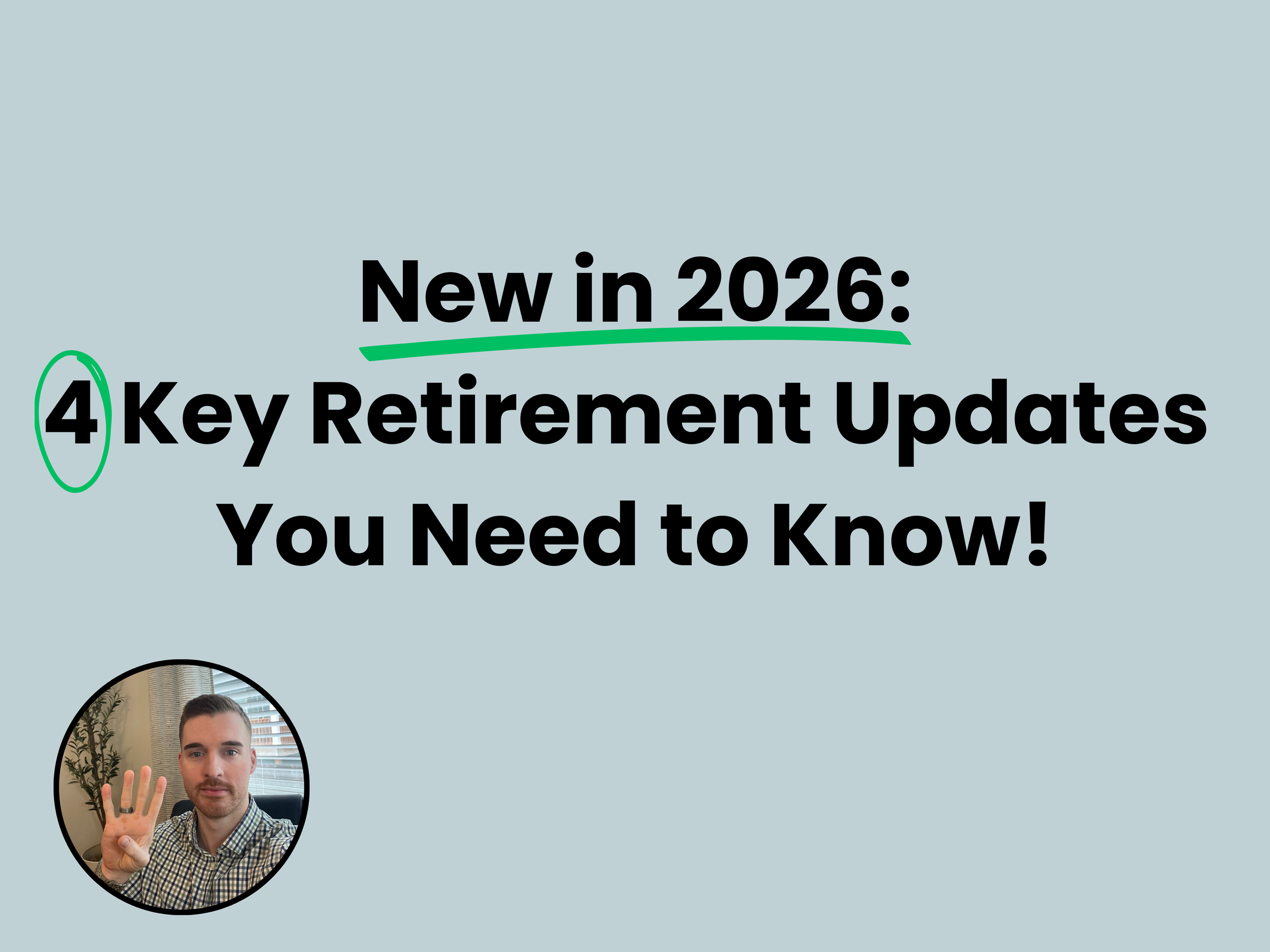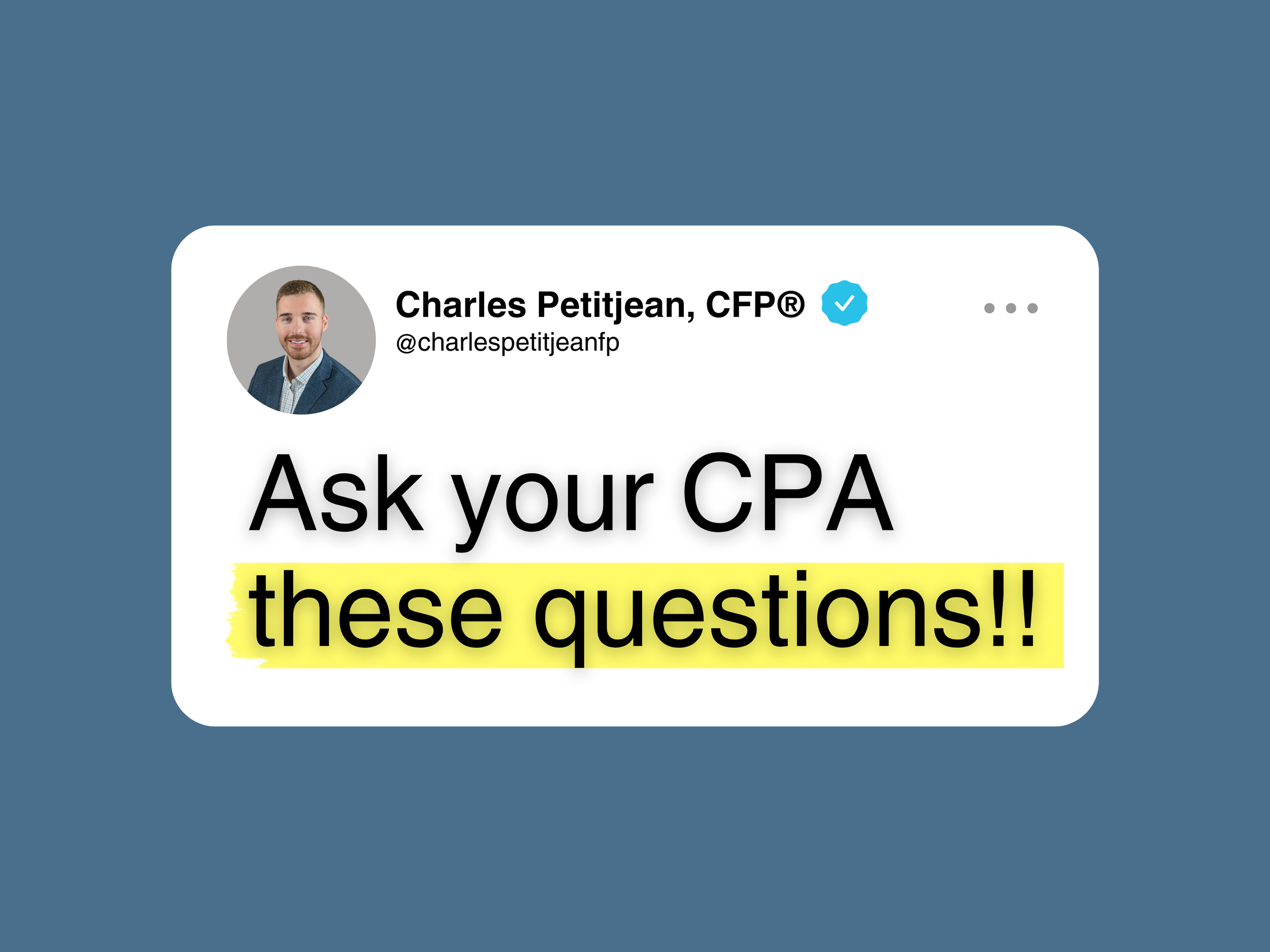Can the Right Financial Decision Feel Wrong?
Here’s a financial planner telling you it’s not all about what the numbers say is “best”.
Sometimes, the math points in one direction, but you’re compelled to go in another so that you can have peace of mind.
I’m here to tell you- THAT’S OKAY!
In fact, for many retirees I work with, the best decisions they’ve made weren’t always about maximizing their dollars.
They’re now retired. They want to stress and worry less and feel more in control.
The Mortgage Dilemma
Here’s a situation that comes up A LOT:
A couple in their 60s still has a small mortgage balance left. It’s their only debt.
The rate is low (say, 4% or less), and they have the assets to retire and pay it off if they want to.
They feel a certain stress with keeping this debt around, and they ask me, “Charles, do we keep paying our minimum mortgage payment or do we just pay this off?”
So, what does the math say?
Hold onto the mortgage. Keep the money invested. Over the long run, your portfolio will more than likely likely outpace the interest that you are foregoing by paying off the mortgage.
But how does this debt make you feel?
“I just don’t like the feeling of carrying debt into retirement.”
“We don’t need to squeeze every last drop out of our portfolio, we want to feel peace of mind and worry less.”
These are two phrases I hear often. And in many cases, they may decide to pay it off, not because it’s the mathematically optimal move, but because it helps them sleep at night. And they never look back. However, some decide that the math is more important for them, and they decide to keep the mortgage around.
The Two Sides of Every Decision
This brings to light an interesting and incredibly important point.
Every financial choice (especially in retirement) has two sides:
The logical side (what the numbers tell us)
The emotional side (how it makes us feel)
Good planning doesn’t ignore either. It helps you make decisions that honor both.
Here are a few other examples where emotion can (and often should) influence the outcome:
Gifting to Children or Grandchildren Early
The math might say:
“Wait, if I give away this money now, I will lose the ability to invest it and grow it more.”
But the emotional side might say:
“We want to see our family benefit from this money while we’re alive.”
“We want to help with their home purchase or funding college, while they can benefit from it most.”
Sometimes, the joy of giving now outweighs the long-term compounding benefit of keeping every dollar and gifting later.
Holding a Large Cash Account
The math says:
“Don’t keep more than 6-12 months of your living expenses in cash because you’ll lose value to inflation over time. Invest it.”
But retirees often say:
“I sleep better knowing I have a year or two of my cash needs on hand.”
“I don’t want to be forced to sell stocks during a downturn just to pay the bills.”
Even if it’s not the most “efficient” strategy, it’s an emotional hedge that supports long-term discipline.
Leaving a Legacy (Even If You Could Spend More)
Some retirees underspend throughout retirement, not because they can’t afford to spend more, but because they take deep satisfaction in the idea of passing money down to their heirs.
That’s not irrational. It’s deeply personal. And a plan that honors that goal is often more fulfilling than one that simply optimizes income.
The Role of a Planner Isn’t Just to Do Math
As a financial planner, I love the numbers (obviously!). But what I love even more is helping people make impactful decisions that will make them feel most content.
It’s about finding the intersection of peace of mind and financially optimal.
This is really important to me in the work that I do with my clients.
A Parting Thought:
If you’re facing a decision that feels like a tug-of-war between the math and your gut, it doesn’t mean that you’re not logical or something’s wrong; it just means you’re human. Allow yourself to think about both sides.
A good and thoughtful plan doesn’t ignore the emotions you feel!




